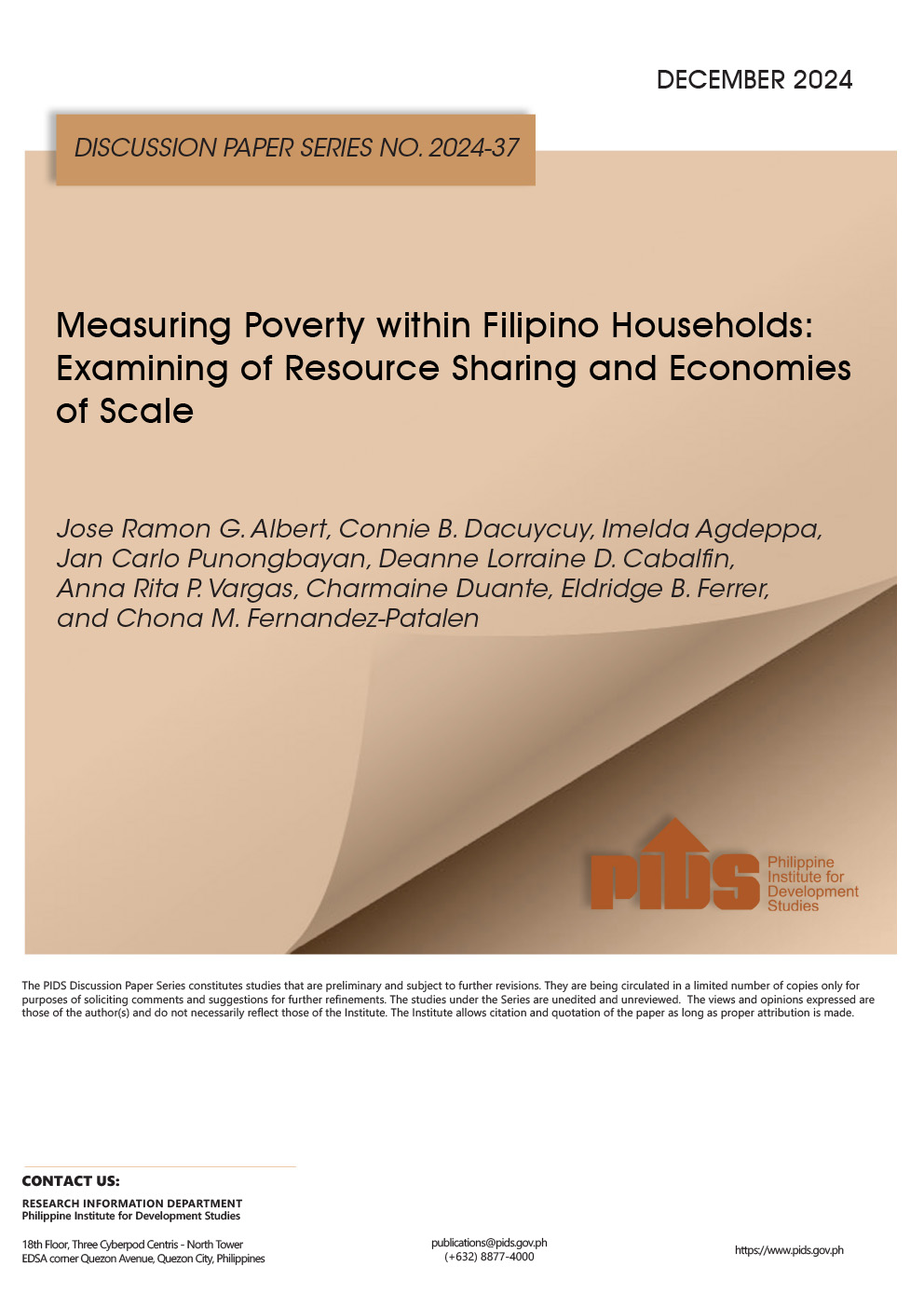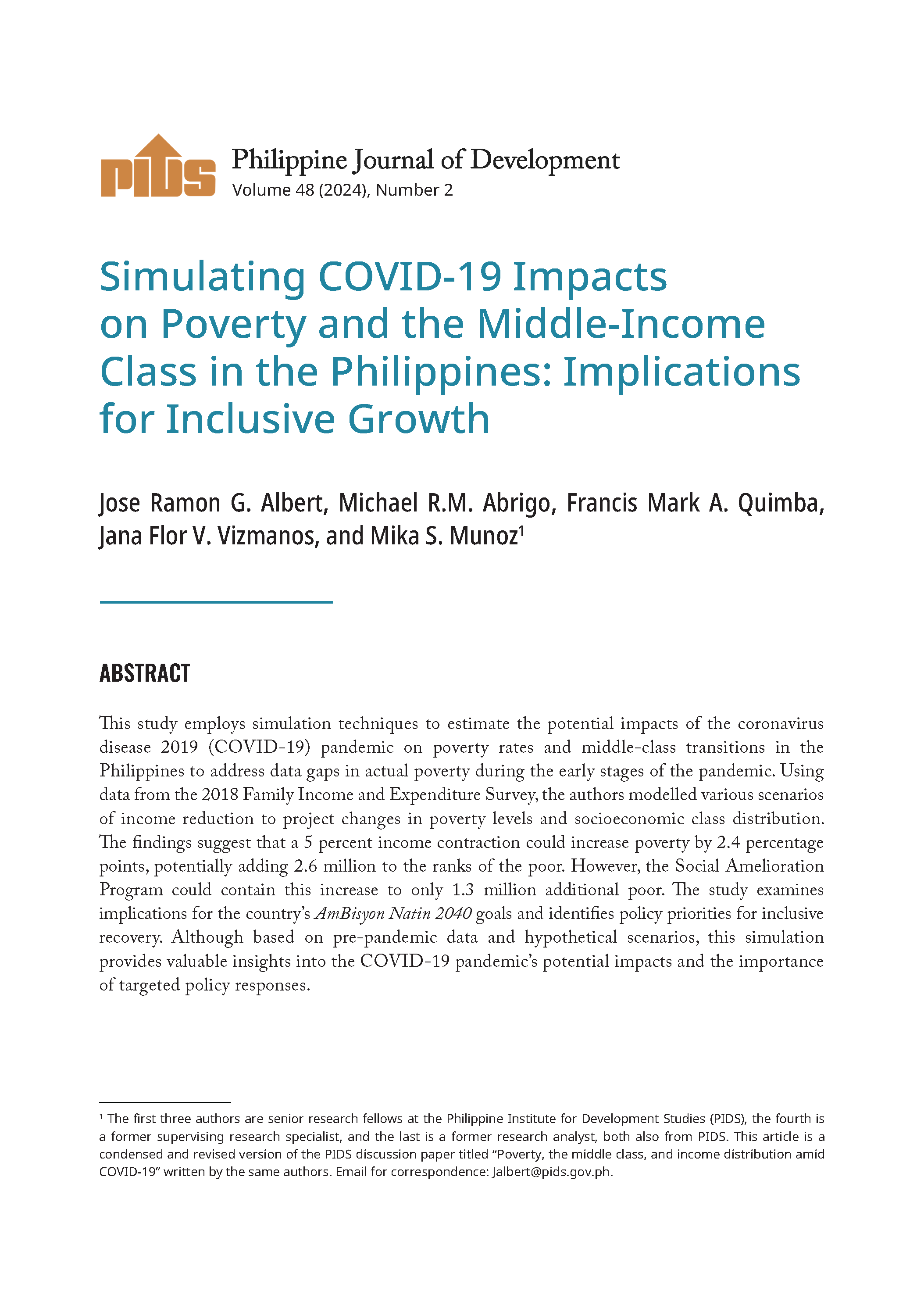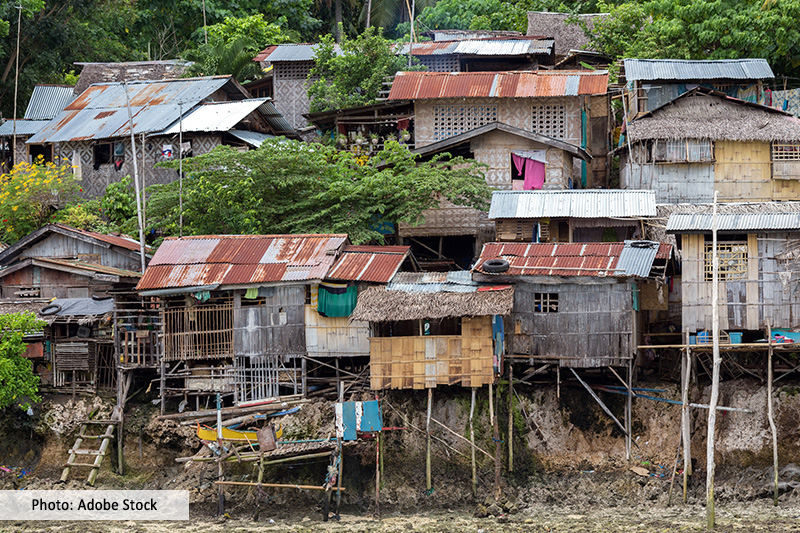The abolition or the scaling down of the Pantawid Pamilyang Pilipino Program (4Ps), pushed by the militant left and their allies in Congress would have damaging unintended consequences on the present and future welfare of poor children, a report released by the Philippine Institute for Development Studies said.
According to the discussion paper titled, Pantawid Pamilya Pilipino Program: Boon or Bane, such policy decision would arguably reduce beneficiary children’s opportunities for gainful jobs as well as their chances of moving out of poverty when they become adults.
“Opponents of Pantawid have been disingenuous in denying the value of preparing children for productive employment. Their use of the adage about “teaching people how to fish instead of providing dole outs” is misleading to advocate reallocation of Pantawid budget to some unspecified job creation program,” the report said.
The study said the critics’ concern that Pantawid cash grants would just increase expenditures on vices, undermine work ethics and encourage a culture of mendicancy is “overblown.”
“In fact, impact evaluation does not support the critics’ allegations, at least within the parameters of the current design of Pantawid Pamilya and other CCT (conditional cash transfer) programs outside the Philippines. In this regard, evidence indicates that poor parents spend their resources responsibly,” the paper said.
“Mere labeling and denigrating the program’s conditional grants as dole-outs that parents would just waste on vices instead of children’s human capital formation is not a credible argument to support the critics’ call for the abolition of Pantawid Pamilya,” it added.
Second, the study said critics’ claim that Pantawid is a failure because its benefits are going to beneficiaries above the poverty line is a “gross exaggeration.”
“In fact, 82 percent of the beneficiaries belong to bottom 40 income class and 53 percent are from the bottom 20 income class. It was also pointed out that Pantawid is one of the better targeted CCT programs in the world,” it said.
The report said Pantawid not only had spillover effects of improved education, health and nutrition but that evidence indicates the grants do lead to less insurgent influence and fewer violent conflicts.
“The benefits from reduced conflicts, greater social cohesion and improved social order can be viewed as public goods. These benefits provide yet another justification for investing public funds in Pantawid Pamilya,” the paper said.
However, the study said there are important issues that need to be addressed to maintain and enhance the impact of Pantawid on the welfare of the poor.
On the size of grants, the paper said there are proposals to raise their amounts to enhance the impact of Pantawid Pamilya.
“There is reason to believe that increased amounts would raise the impact of the program. But providing all beneficiary households bigger grants without piloting it would be risky,” the study said.//












